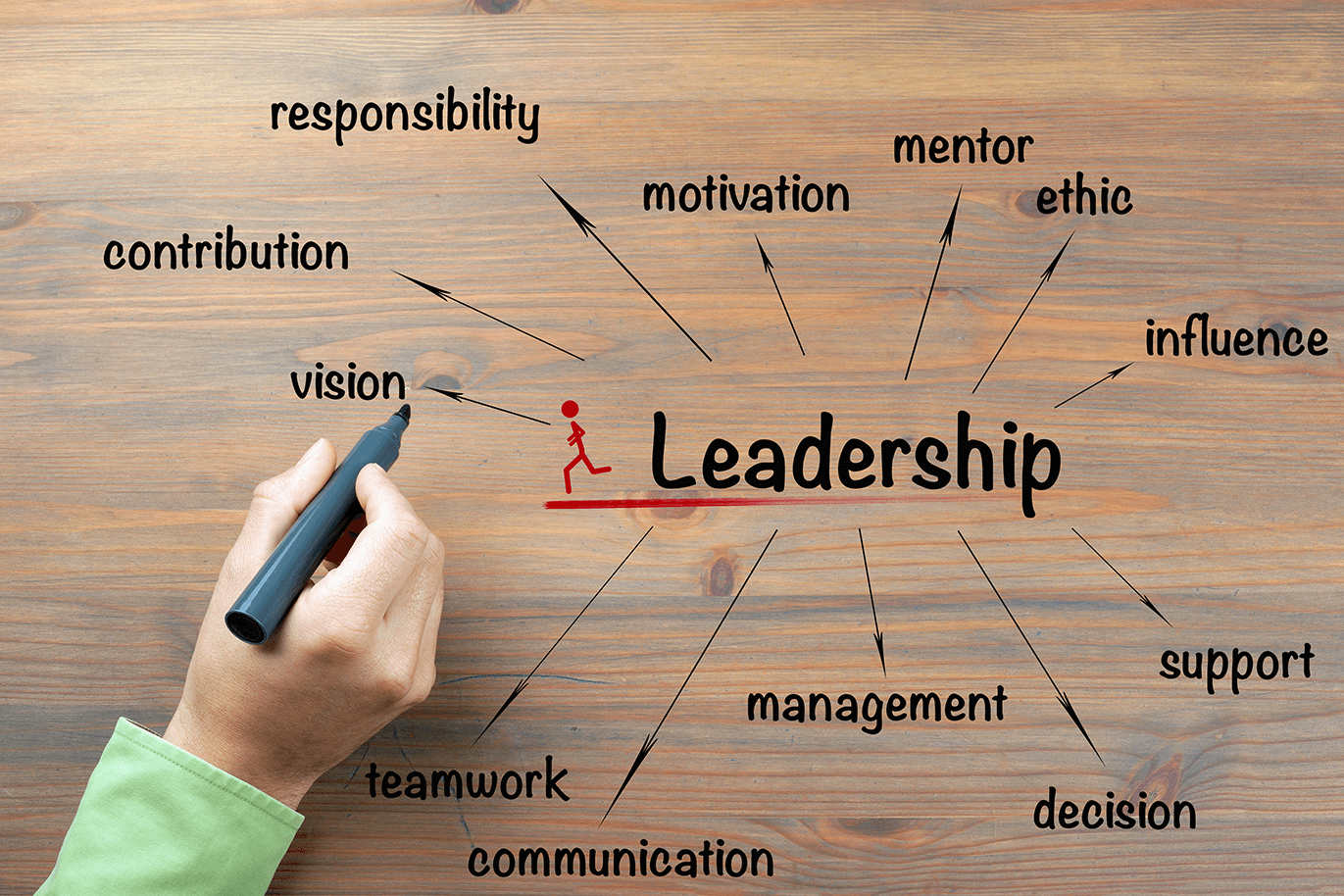In this swift and continuously developing business environment, effective guidance is increasingly vital than ever. Effective leaders are not just responsible for steering their teams towards success but furthermore for making difficult decisions that can greatly affect the organization’s outlook. Being decisive is a vital leadership quality that not only drives results but also cultivates a culture of confidence and ownership within teams.
As professionals strive to enhance their leadership skills, mastering a set of essential skills becomes critical. From cultivating strong decision-making skills to utilizing the power of emotional intelligence, leaders must cultivate a varied toolkit to navigate complex situations. This article will explore the top leadership skills that all professional should master, providing guidance into how to motivate, motivate, and build trust with teams while adapting to the demands of a current workplace. Ultimately, it is through decisiveness and the mastery of these skills that leaders can drive results and achieve lasting success.
Key Management Abilities
Effective leadership hinges on a variety of abilities that professionals must harness to navigate complex environments and motivate teams. The most important leadership abilities include EQ, which empowers leaders to understand and regulate their emotions while also connecting with their team. This relationship promotes a culture of reliability and collaboration. Leaders who excel in emotional intelligence can better inspire their teams and enhance overall effectiveness.
Another crucial skill is effective conveyance. Concise and concise communication acts as the basis for conveying vision, standards, and responses. A leader's skill to communicate ideas and listen attentively can considerably enhance team cohesion, ensuring that everyone is on the same understanding and feels recognized. Moreover, acquiring the art of delegation allows leaders to maximize their team's strengths by allocating tasks appropriately, ultimately increasing team productivity.
Flexibility is increasingly crucial in today's fast-paced world. Leaders must navigate constant transitions and uncertainty, making the skill to adjust strategies and plans necessary. By fostering a resilient attitude and instilling flexibility within their teams, leaders can competently manage difficulties and capitalize on new chances. This agility, coupled with robust decision-making abilities, prepares leaders to not only persist but succeed in dynamic settings.
Cultivating Decision-Making Skills
Effective decision making remains essential for executives who want to achieve results and inspire trust among their teams. In today's fast-paced world, executives encounter numerous options that can profoundly affect the course and performance of their companies. To enhance decision-making skills, leaders should cultivate logical thinking, which includes analyzing relevant facts, considering possible results, and measuring the benefits and disadvantages of various choices. This structured method helps ensure choices are rooted in evidence over emotions.
In addition to analytical thinking, the best leaders understand the value of emotional intelligence in their decision making practices. By being aware of their own emotions and those of their team members, leaders can navigate complex human dynamics and make choices that promote collaboration and collaboration. Understanding emotions enables managers to keep calm under strain, interpret the climate of their groups, and modify their choices to coincide with group dynamics, thereby resulting in more unified and productive effects.

An additional essential aspect of decision-making is the ability to embrace adaptability. The best leaders acknowledge that not every decision will result in optimal results and are ready to adjust when necessary. Cultivating a mindset that values learning from mistakes rather than dreading them creates a culture of innovation and strength. By encouraging their groups to try out and take thoughtful risks, executives can create an environment where proactive decision making flourishes, thereby driving success and growth.
Establishing Team Interactions
Successful leadership surpasses single competencies; it is also about how a leader influences team dynamics. A leader's capability to nurture a cooperative and transparent environment is vital for guaranteeing that team members feel valued and recognized. By establishing https://rentry.co/tfcfgo8i of confidence and transparency, leaders can motivate team members to express their opinions and input without hesitation, which produces improved decision-making and new ideas. This environment not only strengthens bonds but also enables team members to utilize their varied skills well.
Addressing disputes is a crucial aspect of building strong team dynamics. Leaders who can recognize and resolve conflicts promptly and constructively help maintain a constructive atmosphere. They need to foster open dialogue where team members are comfortable expressing their issues. By intently listening and mediating disputes, leaders can turn potential conflicts into chances for growth and insight. This approach not only bolsters relationships among team members but also promotes a spirit of togetherness and goal alignment.
In conclusion, motivating team members daily can significantly enhance team dynamics. Leaders should emphasize acknowledging individual efforts and celebrating team victories. Regularly offering helpful feedback and support motivates team members to succeed and improve their skills. When leaders take the time to understand their team’s strengths and dreams, they can adapt their approaches to maximize involvement and output. This continuous support helps create an strong team that is focused on common objectives and motivated to succeed together.
